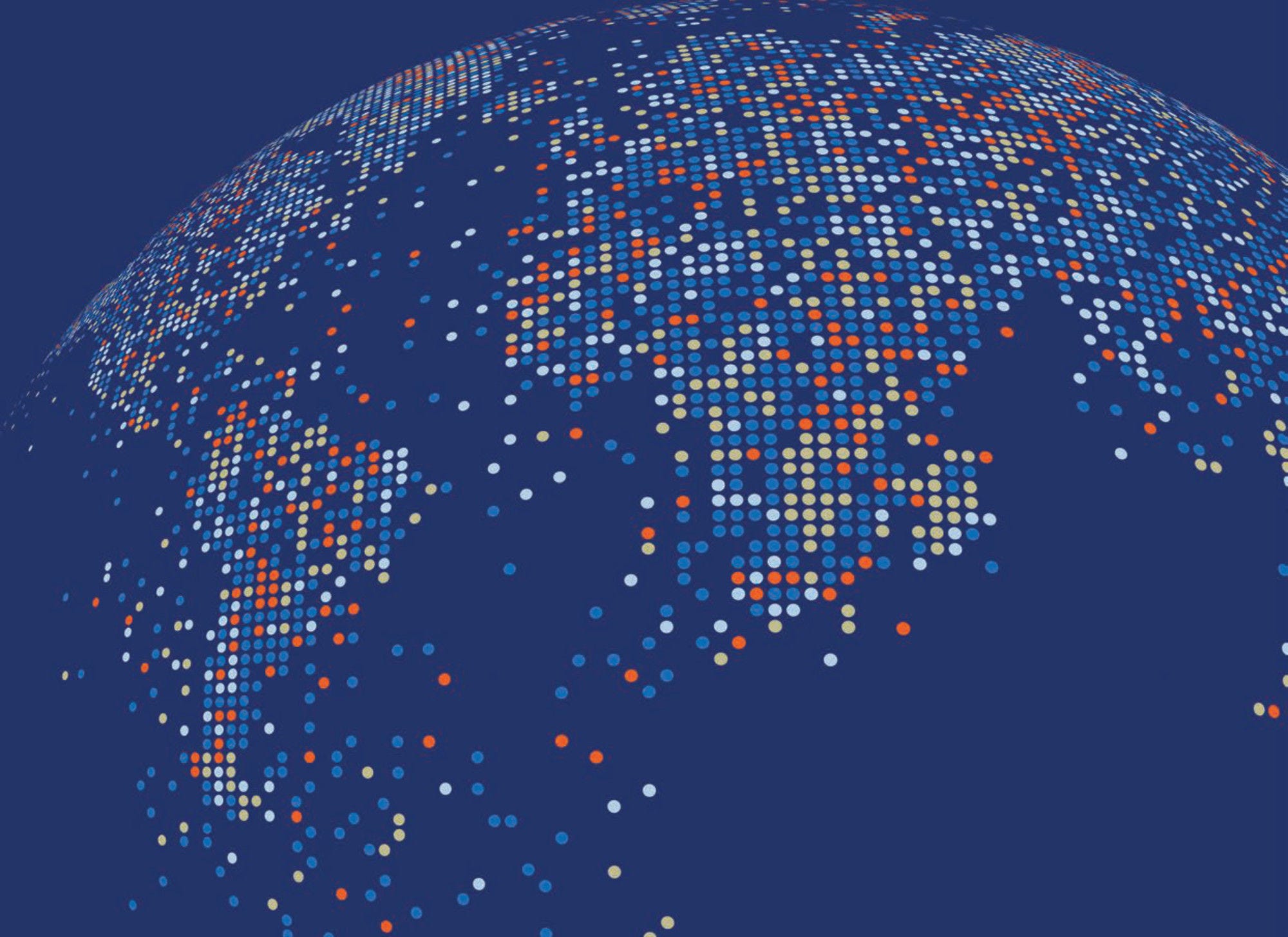The annual Development Co-operation Report brings new evidence, analysis and ideas on sustainable development to members of the OECD Development Assistance Committee (DAC) and the international community more broadly. The objectives are to promote best practices and innovation in development co‑operation, and to inform and shape policy and behaviour to realise the Sustainable Development Goals and better lives for all. Each year, the report analyses a policy issue that is timely, relevant or challenging for development co-operation and finance. It also includes annual data covering at-a-glance over 90 providers of development co-operation, including members of the OECD DAC, other countries and philanthropic foundations.
This 59th edition focuses on strategic decisions that the global community must make to shape and support digital transformations that deliver sustainable development and climate goals. Set against a rapidly evolving digital landscape and building on existing United Nations and OECD commitments and processes, the report provides the latest evidence on the global state of digital transformation and maps the challenges ahead. It discusses the policy, regulatory, legal and operational complexities inherent in digital transformation, focussing on solutions that can build greater trust, putting people at the centre of their aims. Drawing on the latest research and insights from policy, academia, business and civil society experts, it identifies priorities for a new generation of development strategies to maximise, and share more equally, the benefits of digital transformation. Its overarching message is that development co-operation must support countries’ digital transformations more strategically and comprehensively to ensure they deliver inclusion, trust, safety and respect for human rights.
This report contains an overview and five main parts. The overview sets out the choices the global community needs to make now to shape a just digital transformation and it offers a checklist of complementary actions for development co-operation. The parts contain “In My View” contributions, analytical chapters written by external experts and specialised OECD teams, and case studies that provide insights on themes or geographical regions.
Part I presents evidence on the current digital realities in low- and middle-income countries, covering recent progress and gaps in digital systems, especially highlighted by the COVID-19 crisis. Part II outlines policy and governance approaches that maximise the potential rewards from digital transformation for low- and middle-income countries and reduce the serious risks it can entail. Part III explores how inclusiveness can be hardwired into the technical components of digital transformation, including through deployment of digital public goods and by addressing the drivers of digital divides. Part IV provides a summary of recent development co-operation strategies and financing approaches to digital transformation, offers preliminary estimates of concessional financing for digital transformation and discusses the need for improved measurement of development financing in this field. Part V opens with an infographic that gives an overview of emerging trends and insights regarding official development finance. Individual profiles provide data and policy priorities for more than 90 official and philanthropic providers of development finance.
The full report is published in English and French. An electronic version, together with other supporting material, is available online at https://www.oecd.org/dac/development-cooperation-report.
